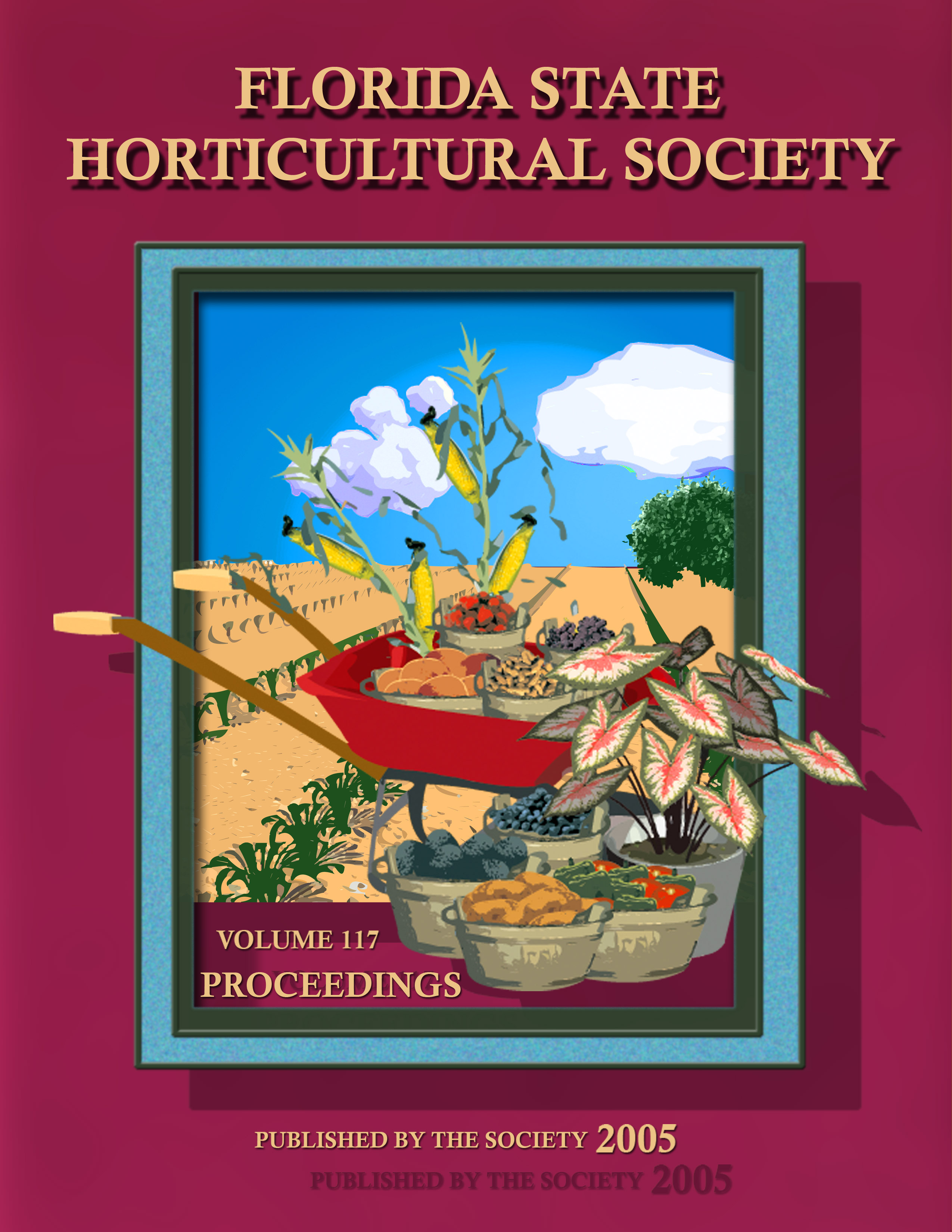Abstract
RAPD-PCR analysis was used to answer questions regarding the identity of numerous varieties of roses. It was previously reported that the DNA profile of "Bremo Double Musk" did not match any of the other musk (Rosa moschata Herrmann) varieties; however, upon further analysis, it was determined that "Bremo" is indeed a true musk. A parentage analysis of 'Xanadu', a recently registered modern rose, indicates that it probably resulted from a self-pollination of 'Carefree Beauty'. Numerous samples of "Found Noisettes" were analyzed, showing multiple genetic differences among the varieties, but similarities to their assumed ancestors, 'Blush Noisette' and 'Champneys' Pink Cluster'. Utilizing 'Katie Bell's Devonianthus', it was determined that roses grown today as "Tradd Street Yellow" and 'Devoniensis' are very likely the real, original, 'Devoniensis'. Finally, the question of the identity of 'Spray Cécile Brunner'/'Bloomfield Abundance' was investigated, indicating that the plant currently grown under both names is truly a sport of 'Cécile Brunner', and should be classified as 'Spray Cécile Brunner'. As shown here, RAPDPCR can be a useful tool in determining the heritage of historic and modern roses.

